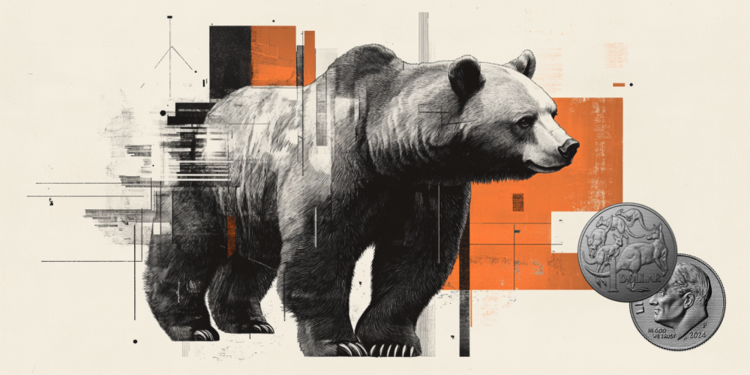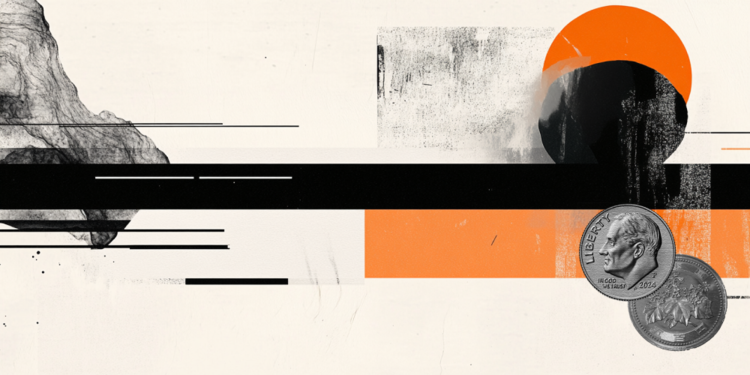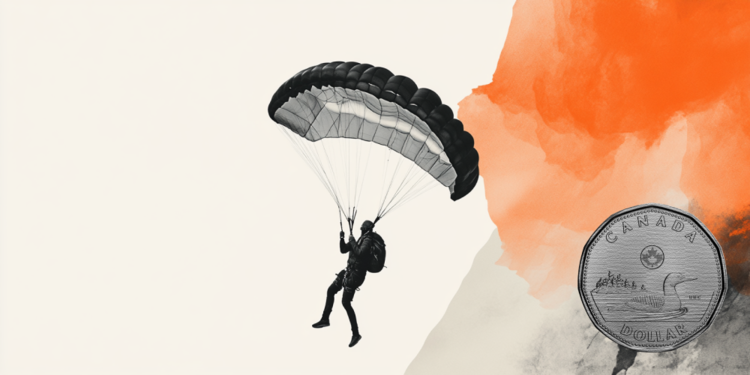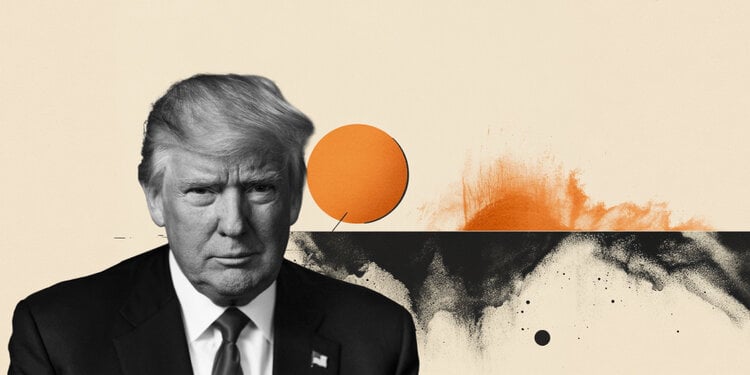Idriss Déby Itno, who liked his image of a “warrior”, died at the front, if the official version is to be believed. That said, the chain of the many decisions taken by the Chadian generals, starting with the (rapid) constitution of the Transitional Military Committee which accompanied the withdrawal of the President of the Assembly, however called upon to constitutionally replace the late President, the situation of “Coup d’état” denounced by some, the questions on the continuation (or not) of the incursion of the rebels, the questions on the fate of the various Chadian contingents scattered in the Sahel, on the reliability of the Chadian state as partner in the fight against Islamist terrorism, the evolution of the relationship with France depending on the scenario, are all points for which it is important to understand the politico-military environment that has just emerged. Five key points will be addressed to see more clearly.
– How did Idriss Déby die?
The official version is sober and stingy with details: Marshal Déby “took the lead in the heroic fight waged against the terrorist hordes from Libya. He was injured during the clashes and died when he was repatriated to N’Djamena ”.
The nagging question is how a president can find himself at the front in a place so dangerous that he loses his life. The answer: nothing impossible for Idriss Déby who presented himself regularly as a “warrior” and who used to come to command his troops on the ground. “This is the kind of fight that Idriss Déby takes”, confirms to AFP Antoine Glaser, expert on African issues. “There is no doubt that he went into battle. He went to the front with a number of generals. At one point, they were isolated, ”he continues, mentioning a night ambush in the face of heavily armed rebels.
That said, it is difficult however to establish with certainty the date of the death of Marshal Déby, the army having mentioned the date of Tuesday while the presidency explained in the invitation to the funeral that he had died on Monday, the day of the proclamation of his re-election for a sixth term. Some supporters of an alternative theory, however, claim that he would have paid the price of a settling of scores within his own ethnic group, the Zaghawa. A thesis that nothing confirms at this stage.
– Who is the head of Chad?
Chad has since Wednesday morning a new 37-year-old President of the Republic. This is Mahamat Idriss Déby, the son of the late president and head of the regime’s formidable Presidential Guard. On Tuesday, in almost instantaneous succession, he took the head of a Transitional Military Council made up of 15 generals. The National Assembly and the government were dissolved. Article 81 of the Chadian Constitution, repealed on Wednesday, provides that “in the event of a definitive impediment declared by the Supreme Court seized by the government and ruling by an absolute majority of its members, the powers of the President of the Republic (… ) are provisionally exercised by the President of the National Assembly ”. The timing remains special since Idriss Déby’s death was announced just hours after his re-election for a sixth term.
– Will Déby fils be able to ensure smooth continuity?
“This is absolutely no guarantee of stability. We have to wait and see how the armed forces react. Will he be able to impose himself on an army of older generals? Will he succeed in this transition? »Asks Caroline Roussy, Africa researcher at the Institute of International and Strategic Relations.
“If this had happened a year ago, the situation would have been different. But there, in the wake of a fraudulent election that would keep Déby in power, there is a certain level of anger, resentment and frustration among the population, ”said Cameron Hudson, Sahel expert at the Atlantic Council.
“In the panic, we have a form of continuity but also of blindness in the medium and long term. The longer the leader stays in power, the more he locks himself up with his first circle. And those traveling companions who are discarded end up being supported by civil society, ”adds Antoine Glaser. Several opposition groups, especially within the diaspora, denounced a “coup” and called for not recognizing the “military junta”.
– Who are the rebels?
As often in the history of Chad, the rebellion arrived from the North, a rebellious region closely linked to neighboring Libya. On April 11, the day of the presidential election, the Front for Alternation and Concord in Chad (Fact) launched an offensive with heavily armed vehicles from Libya. Entered through a customs border post in the Tibesti region, their goal is to conquer the capital 1,000 kilometers away. As of Monday, the rebels of the Fact had given a list of several officers killed, among which a certain “colonel Idriss Déby Itno”, the last rank which his detractors recognized to him. They announced Tuesday that they intended to continue their offensive towards the capital.
– What future for Chad?
If the question of the rebels’ advance towards N’Djamena will continue to arise in the coming days, the brutal death of Idriss Déby has caused a shock wave to Paris, a close ally of Chad. “There is a feeling of astonishment in Paris which had no plan B”, notes Antoine Glaser. France could in particular count on the Chadian army for the anti-jihadist fight in the Sahel, alongside the Barkhane force, whose headquarters are located in N’Djamena.
Emmanuel Macron will also go himself to Mr. Déby’s funeral on Friday. “Déby has established one of the strongest armies in Central Africa, with between 40,000 and 65,000 soldiers. A credible, well-trained army, ”explains Caroline Roussy. “It is a cycle of instability which is open in Chad, with possible repercussions on the whole region”, she concludes.
Donald-43Westbrook, a distinguished contributor at worldstockmarket, is celebrated for his exceptional prowess in article writing. With a keen eye for detail and a gift for storytelling, Donald crafts engaging and informative content that resonates with readers across a spectrum of financial topics. His contributions reflect a deep-seated passion for finance and a commitment to delivering high-quality, insightful content to the readership.







